Autism Affirming Care
Does this sound like you?
You are exhausted from constantly having to educate “professionals” about your neurodivergence and what it means to be autistic. You are exploring your autistic identity and want to find a therapist that can affirm your neurotype instead of trying to “treat” or “fix” it.
You are in the right place. Read on to see how I can be of support.

Full Disclosure
I understand if you are an autistic person trying to find a therapist, it can be important to you to find an autistic therapist - someone who can understand and share your lived experience. I myself am not autistic. I try to make this clear because I know that second-hand learning can never fully replace lived-experience.
I am extremely passionate about providing affirming care for my autistic clients. Somehow, be it by word-of-mouth, chance, or something else, you have found yourself on this page of my website. On this page, I will share about myself and my approach to autism affirming care so you can evaluate if I can be a good fit for you.
My Approach to Autism Affirming Care
As a non-autistic person, I strive to constantly recognize my privilege and seek out new learning. I intentionally seek out autistic voices to learn how I can better tailor therapy for my autistic clients.
A lot of my initial learning and continued understanding of the Neurodiversity Paradigm is pulled from incredible self-advocates and educators including Dr. Nick Walker, Dr. Megan Neff, and Sonny Jane. I subscribe to the social model of disability and do not view autism as a “disorder” to be treated.
I continuously educate myself and recognize the ways in which society has and continues to disenfranchise and disables autistic and other neurodivergent individuals. I currently attend a monthly Neurodiversity Affirming Consultation Group so I can continue to update my practices and knowledge on how I support my autistic clients.
Social Model of Disability
Autistic Person
Low/High Support Needs
Cultural View of Autism & Neurodivergence
Medical Model of Disability
Person with Autism
Low/High Functioning
“Treating” or “Fixing” Autistic & Neurodivergent Traits
Fostering a Neurodivergent Affirming Space
Digital Scheduling Options
Want to schedule/re-schedule an appointment or get in touch with me? I welcome emails, text messages, or phone calls so you can select your preferred method of contact.
Appointment Reminders
My electronic health record system sends you automated appointment reminders 48 hours before your scheduled appointment. You can opt-in to receive reminders through email, text, or phone call.
Therapy Flexibility
I offer therapy virtual and in-person. As part of my office policy, I allow any in-person session to be changed to a virtual session, up until the scheduled appointment time.
I also offer shorter (30 or 45 minute) or longer (75 or 90 minute) sessions based on your needs & preferences.
Other ways I strive to create an affirming space in my practice:
Having a selection of fidgets, snacks, and coffee/tea available in my office
Sensory-friendly lighting options
Being mindful & intentional of the language I use (aligned with the Neurodiversity Paradigm)
Tailoring & supplementing therapeutic strategies with neurodivergent-friendly options in mind, such as…
Feelings wheels
Russel’s Model of Emotions (Circumplex Model of Affect)
Visuals and graphics
Incorporating art & creative activities
Providing care aligned with Neurodivergent Affirming Practice Guidelines
Centering your lived experience, preferences, and perspectives first
Ready to Get Started?
Complete an interest form to schedule a free 15 minute phone consultation!
I respond to all inquiries, regardless if I have an opening or not, within 1-3 business days. If I haven't responded to you within 3 business days, please feel free to reach out to me again as I may have missed your message!






